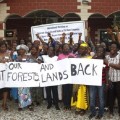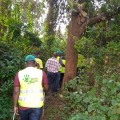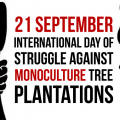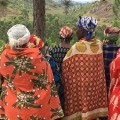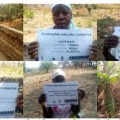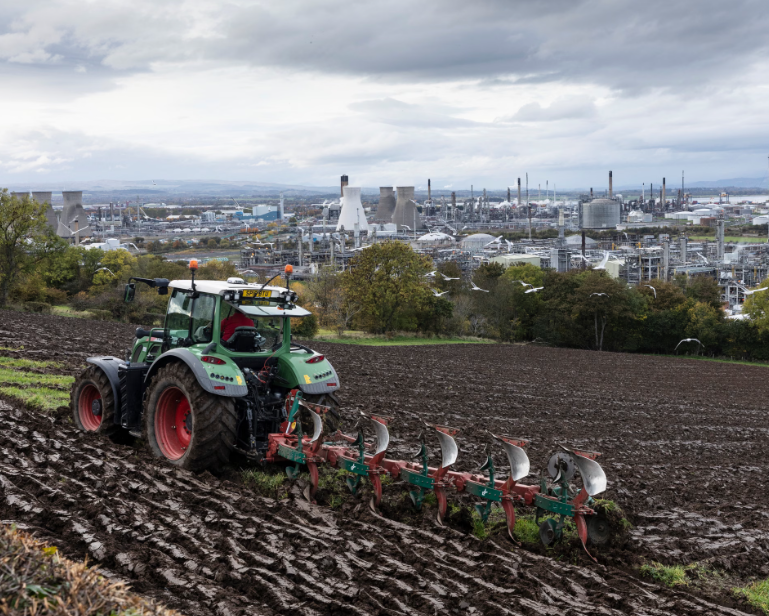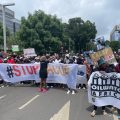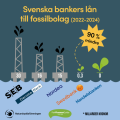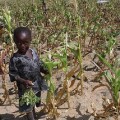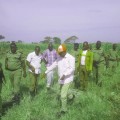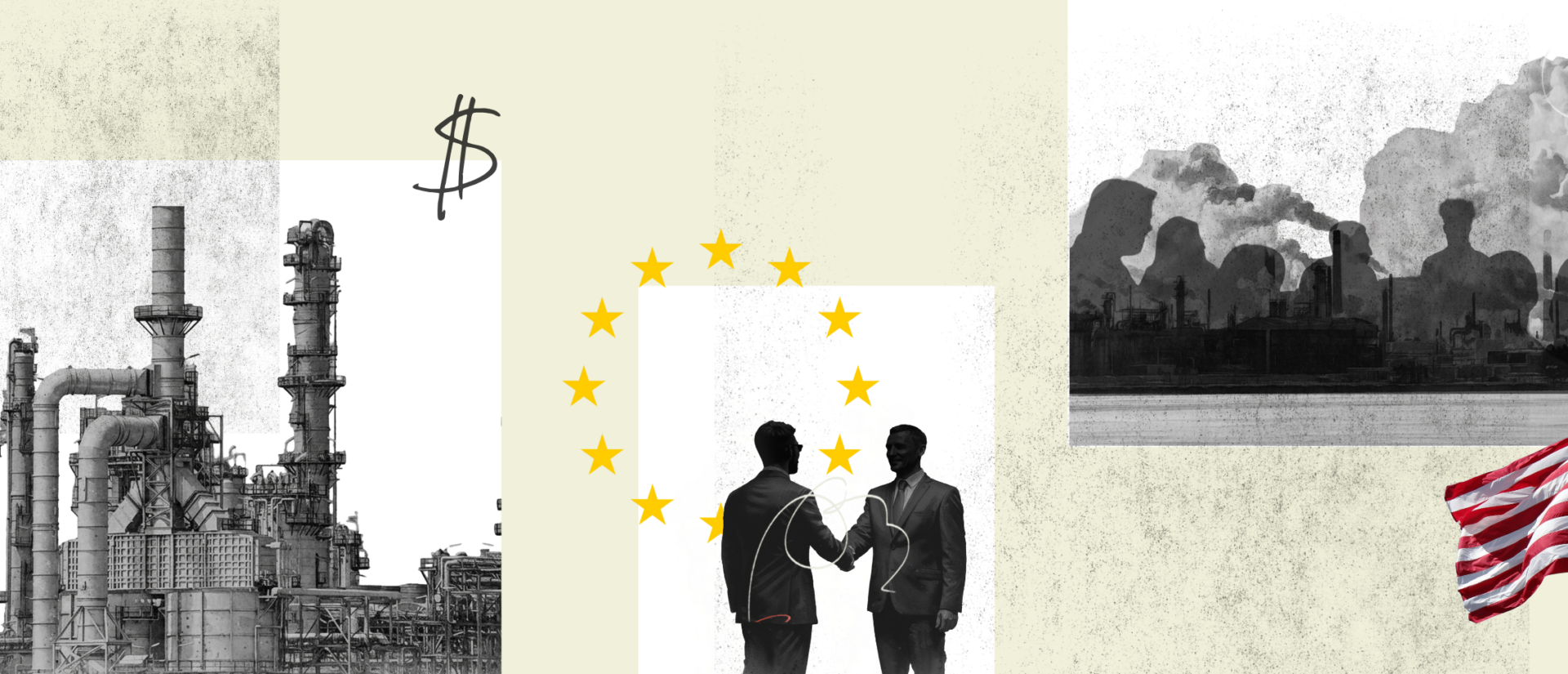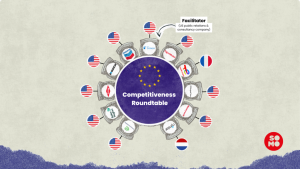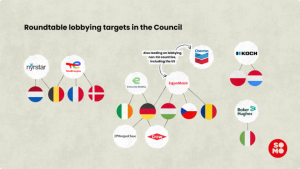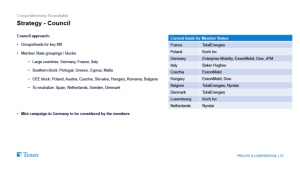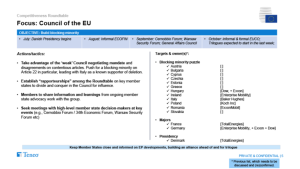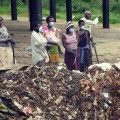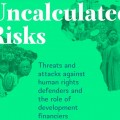The unsustainable production of food and fossil fuels causes $5bn (£3.8bn) of environmental damage per hour, according to a major UN report.
Ending this harm was a key part of the global transformation of governance, economics and finance required “before collapse becomes inevitable”, the experts said.
The Global Environment Outlook (GEO) report, which is produced by 200 researchers for the UN Environment Programme, said the climate crisis, destruction of nature and pollution could no longer be seen as simply environmental crises.
“They are all undermining our economy, food security, water security, human health and they are also [national] security issues, leading to conflict in many parts of the world,” said Prof Robert Watson, the co-chair of the assessment.
All the environmental crises were worsening as the global population grows and required more food and energy, most of which was produced in ways that pollute the planet and destroy the natural world, the experts said. A sustainable world was possible, they said, but required political courage.
“This is an urgent call to transform our human systems now before collapse becomes inevitable,” said Prof Edgar Gutiérrez-Espeleta, another co-chair and the former environment minister in Costa Rica.
“The science is good. The solutions are known. What is required is the courage to act at the scale and speed that history demands,” he said, adding that the window for action was “rapidly narrowing”.
The experts acknowledged that the geopolitical situation today was difficult, with the US under Donald Trump, some other countries and corporate vested interests working to block or reverse environmental action. Watson, a former chair of leading international climate and biodiversity science groups, said: “The public have got to demand that they want a sustainable future for their children and their grandchildren. Most governments do try and respond.”
The GEO report is comprehensive – 1,100 pages this year – and is usually accompanied by a summary for policymakers, which is agreed by all the world’s countries. However, strong objections by countries including Saudi Arabia, Iran, Russia, Turkey and Argentina to references to fossil fuels, plastics, reduced meat in diets and other issues meant no agreement was reached this time.
A statement made by the UK on behalf of 28 countries said: “We witnessed diversion attempts to question the scientific nature of this process. Our delegations fully respect every state’s right to safeguard their country’s national interests and rights, but science is not negotiable.”
The GEO report emphasised that the costs of action were much less than the costs of inaction in the long term, and estimated the benefits from climate action alone would be worth $20tn a year by 2070 and $100tn by 2100. “We need visionary countries and private sector [companies] to recognise they will make more profit by addressing these issues rather than ignoring them,” Watson said.
The report contained several “critical truths”, Gutiérrez-Espeleta said: environmental crises were political and security emergencies, threatening the social ties that held societies together. Today’s governments and economic systems were failing humanity and financial reform was the cornerstone of transformation, he said: “Environmental policy must become the backbone of national security, social justice, and economic strategy.”
One of the biggest issues was the $45tn a year in environmental damage caused by the burning of coal, oil and gas, and the pollution and destruction of nature caused by industrial agriculture, the report said. The food system carried the largest costs, at $20tn, with transport at $13tn and fossil-fuel powered electricity at $12tn.
These costs – called externalities by economists – must be priced into energy and food to reflect their real price and shift consumers towards greener choices, Watson said: “So we need social safety nets. We need to make sure that the poorest in society are not harmed by an increase in costs.”
The report suggests measures such as a universal basic income, taxes on meat and subsidies for healthy, plant-based foods.
There were also about $1.5tn in environmentally harmful subsidies to fossil fuels, food and mining, the report said. These needed to be removed or repurposed, it added. Watson noted that wind and solar energy was cheaper in many places but held back by vested interests in fossil fuel.
The climate crisis may be even worse than thought, he said: “We are likely to be underestimating the magnitude of climate change”, with global heating probably at the high end of the projections made by the Intergovernmental Panel on Climate Change.
Removing fossil fuel subsidies could cut emissions by a third, the report said.
This article was amended on 9 December 2025. An earlier version said that the GEO report estimated the benefits from climate action alone would be worth “$100bn” by 2100; this should have been $100tn.
Source: The Guardian


 MEDIA FOR CHANGE NETWORK2 weeks ago
MEDIA FOR CHANGE NETWORK2 weeks ago
 MEDIA FOR CHANGE NETWORK2 weeks ago
MEDIA FOR CHANGE NETWORK2 weeks ago
 FARM NEWS2 weeks ago
FARM NEWS2 weeks ago
 MEDIA FOR CHANGE NETWORK5 days ago
MEDIA FOR CHANGE NETWORK5 days ago
 MEDIA FOR CHANGE NETWORK5 days ago
MEDIA FOR CHANGE NETWORK5 days ago
 MEDIA FOR CHANGE NETWORK3 days ago
MEDIA FOR CHANGE NETWORK3 days ago
 MEDIA FOR CHANGE NETWORK10 hours ago
MEDIA FOR CHANGE NETWORK10 hours ago
